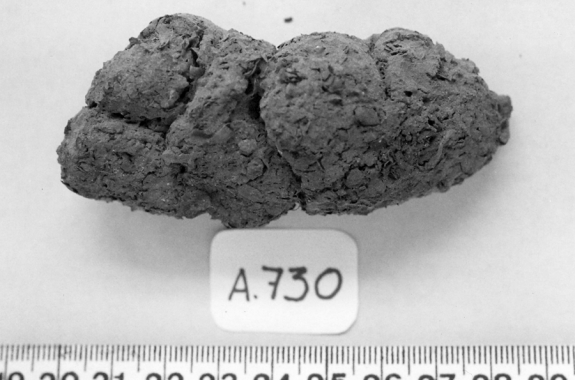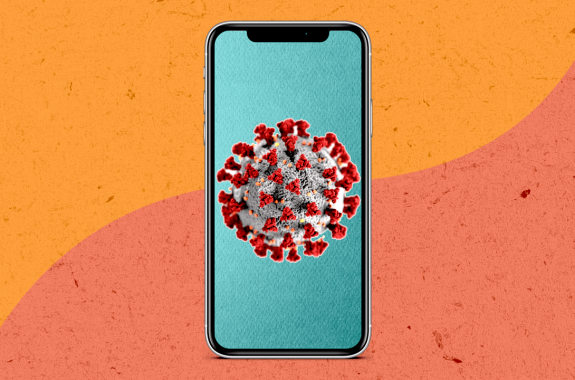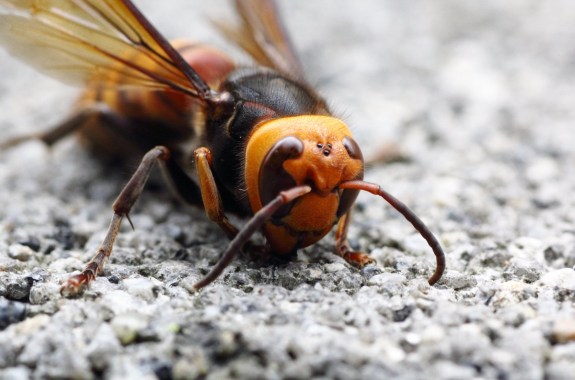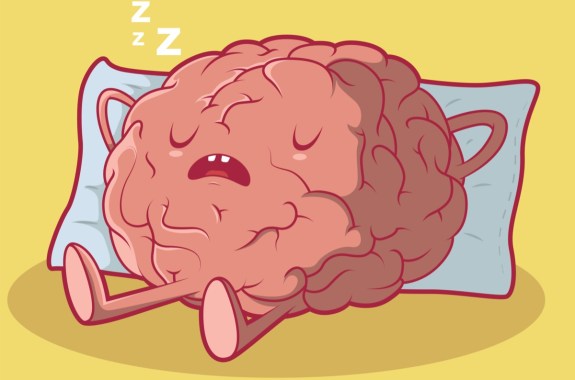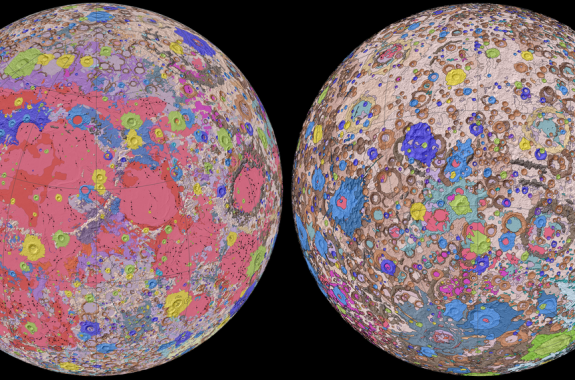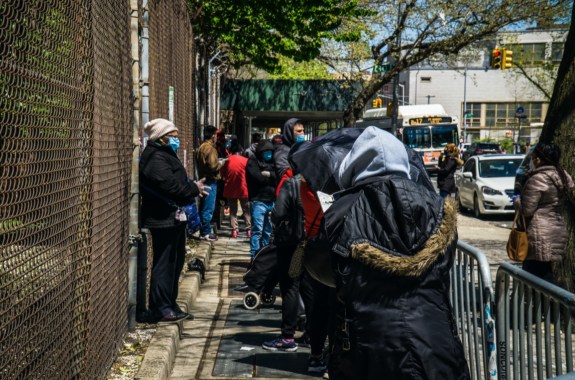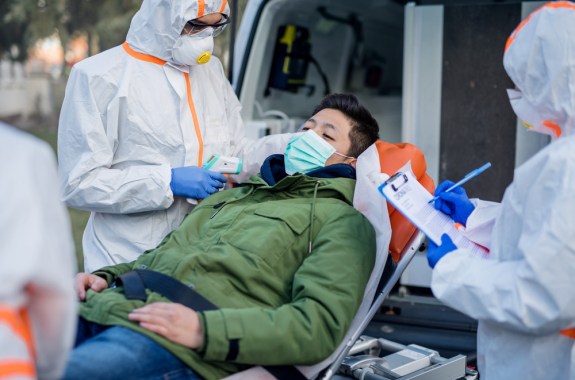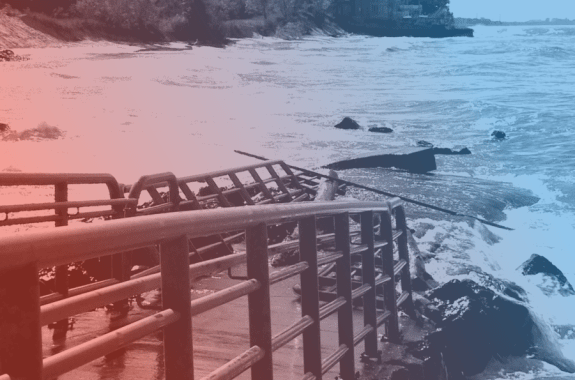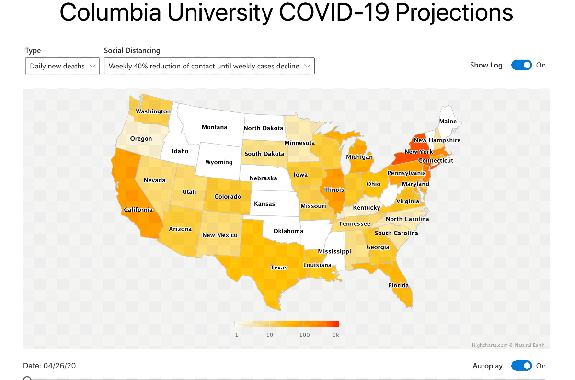Radio
Listen to Science Friday live on Fridays from 2-4 p.m. ET
November 29, 2024
For our 33rd anniversary, we’re broadcasting some of our listeners’ favorite SciFri stories. And, this year’s Ig Nobel Prizes include awards for studying coin flipping, the movements of a dead trout, and more.
16:18
The Origin Of The Feces
What our ancestors’ feces can tell us about ourselves.
17:15
Fact Check My Feed: Finding The Falsehoods In ‘Plandemic’
Plus, a breakdown of this week’s COVID-19 news, including what we do and don’t know about the virus in semen and coronavirus mutations.
11:23
Coronavirus Mutations Aren’t Necessarily Bad News
Why we need to slow down and look carefully at new coronavirus research, plus why so-called ‘murder hornets’ aren’t a reason to panic.
12:07
As You Snooze, Your Brain Reviews
People implanted with a brain-computer interface ‘replayed’ newly-learned behaviors while dozing off.
17:15
How Do We Build Trust Into Contact Tracing?
Governments and companies are building digital solutions to trace COVID-19’s spread. But public health experts say human labor and trust is irreplaceable.
16:24
Making A New Map Of The Moon
USGS scientists used their expertise in map-making to catalogue the geology of the moon.
34:08
The Many Ways COVID-19 Exacerbates Pre-existing Inequality
COVID-19 is disproportionately impacting Black, Latino, and Native American communities. Why?
7:38
Strokes In COVID-19 Patients, Plus Trauma In Healthcare Workers
A handful of COVID-19 patients under the age of fifty have experienced strokes, raising questions about the virus.
4:32
Erosion Threatens A Unique Ecosystem
Indiana’s Lake Michigan shoreline is one of the most biodiverse places in the country. But that biodiversity is now washing away.
17:04
Navigating COVID-19 By The Numbers
Mathematical modeling can help guide tough decisions about how society should respond to COVID-19.
